Protein Breakdown: What Meat is Best for Dogs?
Protein is an incredibly important part of a dog’s diet. It fuels muscle growth, supports tissue repair, and provides the energy dogs need for daily activities. With so many options available, it can be hard to decide which protein is the best. The truth is that each protein offers unique benefits, and variety is key.
Beef
Beef is a very familiar, classic protein choice for many pet owners.
-
Palatability: Many dogs find beef irresistible. This makes it a great option for picky eaters.
-
High-Quality Protein: Grass-fed beef is rich in essential amino acids that support muscle maintenance, tissue repair, and overall growth and development.
-
Energy Source: The natural fats in beef provide energy for active pups, helping to maintain their daily activity levels.
Chicken
Chicken is a versatile protein that has long been a staple in pet diets.
-
Hip and Joint Support: Chicken is high in manganese and magnesium, which are crucial for ligament health.
-
Great Energy Source: With a moderate fat and protein profile, chicken is a good option for high-energy dogs.
-
Complete Amino Acid Profile: Chicken provides all nine essential amino acids dogs need to get from food, making it a complete protein source.
Pork
Pork is a unique option that many dogs find exciting because it’s a little different from their usual proteins. Its taste tends to be appealing and can keep mealtime interesting.
-
Novel Protein: Pork can be a great option for dogs with sensitivities to more common proteins like chicken or beef.
-
Low in Sodium: Naturally low sodium content can be beneficial for dogs with specific health concerns.
-
High Palatability: Many dogs find pork delicious, which helps encourage eating.
Turkey
Turkey is a lean, nutrient-packed protein that works well for dogs of all ages. Turkey is also a less common protein, so it’s a great option if you are looking to switch up your dog’s diet or trying to avoid chicken due to allergies/intolerances!
-
Lean Protein: Turkey provides essential nutrition without excessive fat, making it ideal for maintaining a healthy weight.
-
Low Allergy Potential: Considered a novel protein, turkey can be a suitable option for sensitive pets.
-
Rich in Proteins and Vitamins: Packed with B vitamins, including B3, B6, and B12, turkey supports energy metabolism, brain function, and vitality.
Turducken (Turkey, Duck, and Chicken)
Turducken is a fun combination of three different poultry proteins that makes mealtime feel special. Dogs often enjoy the variety of flavors in one meal.
-
Highly Palatable: The combination of turkey, duck, and chicken makes it irresistible for many dogs.
-
Triple Omega-3 Richness: The combination of poultry provides a triple dose of omega-3 fatty acids that support your pet’s skin, coat, and joint health.
-
Gentle on the Digestive System: Many pets find the blend easy to digest, making it an option for sensitive stomachs.
Protein Quality
When selecting a dog food diet, it’s important to consider the quality of the protein in the recipe. High-quality meat should always be the #1 ingredient in the formula and come from a trusted source. Steve’s Real Food is transparent about our ingredient sourcing and suppliers and we only use USDA-certified, human-grade meats that are humanely raised.
-
Beef is grass-fed/grass-finished and comes from family ranchers in the Northwest where cows graze freely in pastures.
-
Chickens is free-range and comes from a family farm in Washington and Oregon.
-
Pork hails from a family farm in Oregon where the pigs are fed a biologically appropriate diet and roam free to promote their well-being.
-
Turkey comes from a family farm in California where they roam freely, are given enrichment activities, and eat a non-GMO, biologically appropriate diet.
-
Duck is sourced from Pittman Farms in California where ducks are free to roam in a cage-free environment and never given growth hormones or antibiotics.
So, What is the Best Meat for Dogs?
The answer is there is no single best meat for dogs. Each protein offers unique benefits and has unique nutrient profiles. The healthiest approach is to feed a variety of foods and proteins. Rotational feeding is an effective way to provide this variety.
-
Maximize Nutrient Diversity: Different proteins offer different vitamins, minerals, and fatty acids.
-
Prevent Food Sensitivities: Rotating proteins reduces the risk of developing allergies or intolerances.
-
Reduce Dietary Boredom: Dogs enjoy the variety and are more likely to eat consistently.
For more details, check out our rotational feeding guide!
Conclusion
Every protein has its strengths, whether it’s beef’s energy, chicken’s complete amino acids, pork’s novelty, turkey’s lean nutrition, or turducken’s variety. The key is not choosing one perfect meat, but giving your dog a range of proteins to keep their meals balanced, exciting, and nutritious. Rotational feeding ensures your dog gets all the benefits each protein has to offer, supporting long-term health and happiness!
Need help setting up a rotational feeding subscription? Contact our customer support team by phone at (855)720-9888 or email them at help@rawpetfood.com



